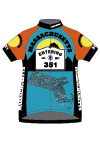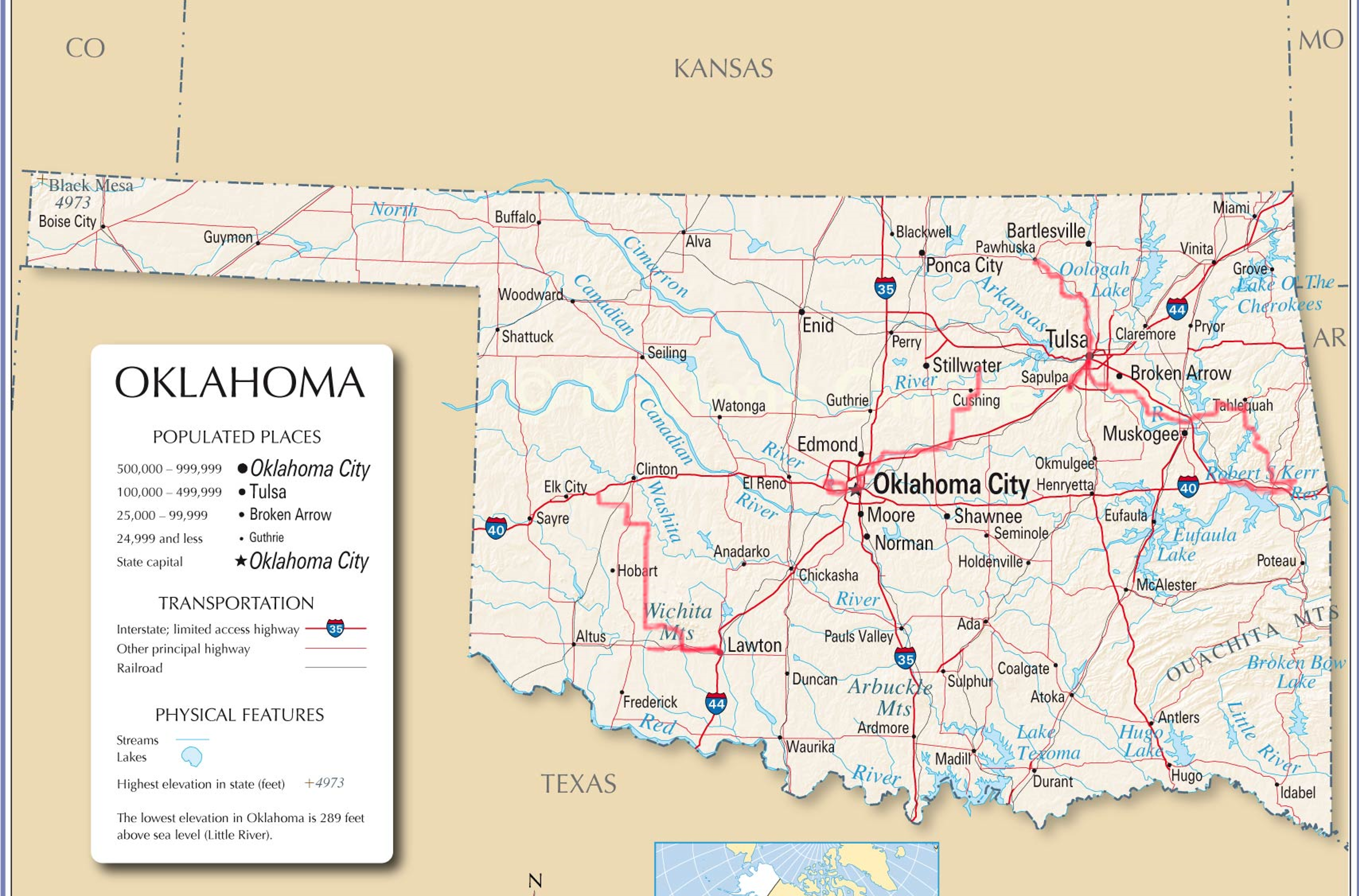"Just this last word to you, dear reader. If you, on reading these pages, have seen more of God; if your faith in His Almightiness has been toned and deepened, I am already rewarded for my efforts."
-Thrilling Experiences of Frontier Life in Western Oklahoma", by La Fayette Cassler
I also wanted to share one additional Brother Cassler story, which I received this week from one of my cousins (Cassler's daughter, my great-grandmother, had twelve children, I have lots of cousins!):
"Cassler had a long correspondence with Thomas Alva Edison. Edison's second wife was related to Cassler's wife. Cassler attempted to convert Edison, an agnostic. Sadly, the letters were lost." I will just say: I would dearly love to read those letters!! (I guess what happens in Oklahoma, stays in Oklahoma!) -- but, as a second opinion on this, I remember my mother telling me "our family is related to Thomas Edison". Repeating family history doesn't make it true, but the underlying thread -- intriguing!
I received a much larger than usual number of notes from you following my lengthy post on the Cherokee Nation. Like Brother Cassler, those notes provide my reward for my efforts! I want to close this series by focusing on the present and future of the Cherokee Nation by sharing the perspective I got through spending several hours with Chuck Garrett, President and CEO of Cherokee Nation Businesses (CNB), who was very kindly introduced to me by my Bain colleagues Lucas and Pam.
Chuck's story is prototypical American "up by the bootstraps". His parents were educated and nudged him towards college. While he lived in Cherokee Nation, he never really identified as "Cherokee" ("It wasn't cool in those days to be 'Indian'"). He attended University of Oklahoma ("I did get a $2,000 scholarship from the Nation, it really helped"), did "fine" -- and then "I took the LSAT, and I crushed it". He attended Harvard Law School ("they had a quota to take two kids from Oklahoma every year, there wasn't even a check box for 'Native American' "), became an associate in at a prestigious NYC firm, and ultimately made his way into the business world, successfully leading real estate investment firms in Chicago, El Paso and Los Angeles.
In 2013, he was recruited to come back to Oklahoma and take a senior position at CNB. When he shared the opportunity with his father, he got "Why would you want to do that?". But he took the job and later became CEO in 2019.
Chuck's job is all about fulfilling one purpose: serving the Cherokee Nation and its citizens. We learned: "being Cherokee", "being part of Cherokee Nation", requires one thing: being able to trace your family history to a direct ancestor who signed the "Allotment" rolls mandated by the 1887 Dawes Act -- effectively, the first official census of the Cherokees and other Native American peoples in Oklahoma. While some tribal groups mandate a certain percentage of heritage, the Cherokee (and also the Osage) do not -- one direct ancestor (who themselves could well have been "mixed blood") is all it takes. Chuck shared that his "pro rata" Cherokee heritage is roughly 5%. But he also shared his blue Cherokee Nation citizen card -- the card that establishes full rights and privileges within Cherokee Nation. Free health care for all. Elder care. Discounts on products and services provided within the Nation. Scholarships to attend college. Unlike the Federal Government, these are universal benefits to all citizens, all 500,000 of them.
Chuck and his team's job is effectively: make the money to pay for these benefits, to provide these services, to provide jobs within the Nation in struggling communities like Stilwell. The path to this began with the Indian Gaming Regulatory Act of 1988, which broadly permitted the operation of casinos on tribal land. What began as a relatively primitive operation with a few bingo halls has become under Chuck's leadership a diversified business enterprise, including a dozen casinos (including recent expansions into Mississippi and Arkansas), hotels, resorts (they operate the Hard Rock Tulsa), business services (they are a major Federal contractor, doing everything from managing immigration camps to cybersecurity, operating in over 20 countries -- "we now make more money on this business than we do from the casinos") plus operating assembly manufacturing businesses in places like Stilwell ("we lose money on that, but it's important to the community to keep that plant open, it serves our mission"). All told: billions in revenues, over 10,000 employees. After reserving needed funds for expansion, most of the profits flow back to fund the services for the Nation.
Chuck pointed out that unlike many other Native Nations, the Cherokee have chosen to provide collective benefits in the form of services and infrastructure, rather than making individual cash payments (the one exception being annual scholarships of $8,000 for college students, and some stipends during COVID). And the infrastructure has expanded markedly -- health care access is a big challenge. It's 90 minutes from the capital of Tahlequah to Tulsa, and much further from outlying rural communities. So CNB has helped to fund a major new urgent care facility in Tahlequah, as well as provided a campus to house the Oklahoma State College of Osteopathic Medicine whose first graduating class this year is nearly half Native Americans.
We asked Chuck "the big question" -- acknowledging the discrimination and mistreatment of the past -- is it better? is it gone? First, he noted that discrimination is a two-way street. He shared that while participating in the Nation's annual Remember the Removal bicycle ride (a three-week, thousand mile retracement of the Trail of Tears -- my kind of thing!), the guide took him to a house in Georgia and told him "Your great-uncle lived in this house and farmed this land -- with his six African slaves". The Cherokee brought many enslaved Africans with them to Oklahoma.
That being said: "Better, yes. Gone, no". The concept of "Indian prices" (charging Native people higher prices, presuming they wouldn't know or care) -- gone. The Federal laws, and especially the Federal courts, have recognized Native rights and validated that the terms of 19th century treaties should be upheld. The tribal self-government which was abolished in 1906 was reinstated in the 1970s. More recently, 2020 Supreme Court McGirt decision affirmed that state courts had no jurisdiction over criminal cases involving tribal members on tribal lands (effectively, all of Eastern Oklahoma, including the city of Tulsa) -- that the pre-statehood program of tribal law for tribal members on tribal lands should apply. That obviously creates new challenges (it's not always obvious who is, or isn't, a Native American, and the tribes aren't equipped to start policing and providing justice to the entire city of Tulsa). But the principle of recognizing Native American rights -- important.
But gone? Chuck shared an anecdote. He had recently faced a government commission, seeking approval to construct and operate a large new facility. The exchange:
Agency: "I suppose you are planning on putting up some cheap-looking metal building?"
Chuck: "No, here are the architect's renderings, we are planning on putting tens of millions of dollars into building a world-class operation. We already run many similar facilities and know how to do this."
Agency: "Well, the other group we are considering has a major bank saying they are 'highly confident' they can finance their investment. Where is your banker?"
Chuck: "We don't need a banker. We are planning on funding this from our cash balances. We don't have debt and don't need to borrow money."
Chuck and CNB's proposal was turned down because their financing was "less certain". In this world, Native American cash wasn't viewed as positively as a bank's "highly confident" statement. That's where the discrimination still lies today -- the broader stereotype that Native people aren't good at business and finance, aren't trustworthy ("Indian Giver"), "should just stay on the rez".
Chuck is an upbeat guy, an optimist at heart. I am too. It's now "cool" to identify as a Native American. And, honestly, while we met many people in our tour through Cherokee Nation who clearly identified as "Cherokee" -- if you passed them on the street in Massachusetts you would never think "oh, that's a Native American" -- centuries of intermarriage means that few Cherokee citizens "look Indian". But the identity remains strong. The pride in their ancestry, their collective strength -- strong. Honestly, I wish I could be part of their Nation.
I'll close with my usual admonition -- I plan on continuing to do crazy adventure trips like this as long as I can. I feel sometimes that I set ever higher bars for myself -- I am open to suggestions on next year. And most importantly, I want to publicly thank Sarah for agreeing to spend the week with me. I've attached a map below of "where we went" -- the only reason this trip was possible was her willingness to take me food and water in literally the middle of nowhere and to schlep me and my gear from place to place in the car so we could cover the ground needed to crisscross the state.
Thank you for coming along for the ride!


